News
The latest insights, sector developments and case updates from Potter Clarkson. Explore up-to-date content from our experts and stay informed on the issues shaping the IP landscape.
The latest insights, sector developments and case updates from Potter Clarkson. Explore up-to-date content from our experts and stay informed on the issues shaping the IP landscape.
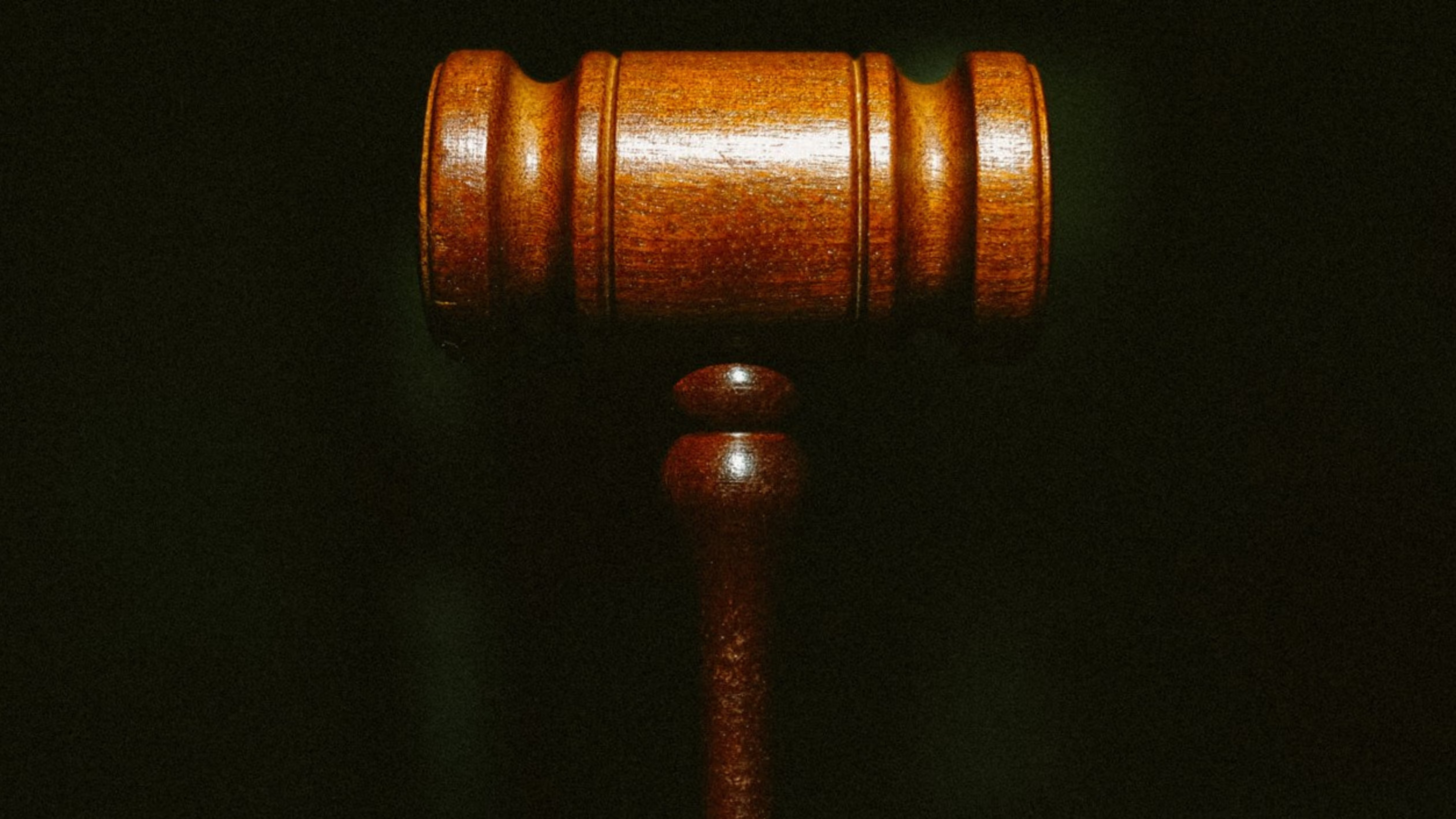
In the recent decision, G4/19, the Enlarged Board of Appeal has confirmed the existing practice of prohibiting ‘double patenting’ at the EPO.

Trade secrets are often the crown jewels within an IP portfolio. Unfortunately, despite their importance, trade secrets can also be the forgotten component of a company’s IP portfolio.

Every year the world uses around 4 billion tons of cement. The rate of consumption is expected to grow and grow quickly as the global shift from the country to cities continues. This is a trend that according to a recent study by Architecture 2030, will add another 2 trillion square feet of buildings by 2060.
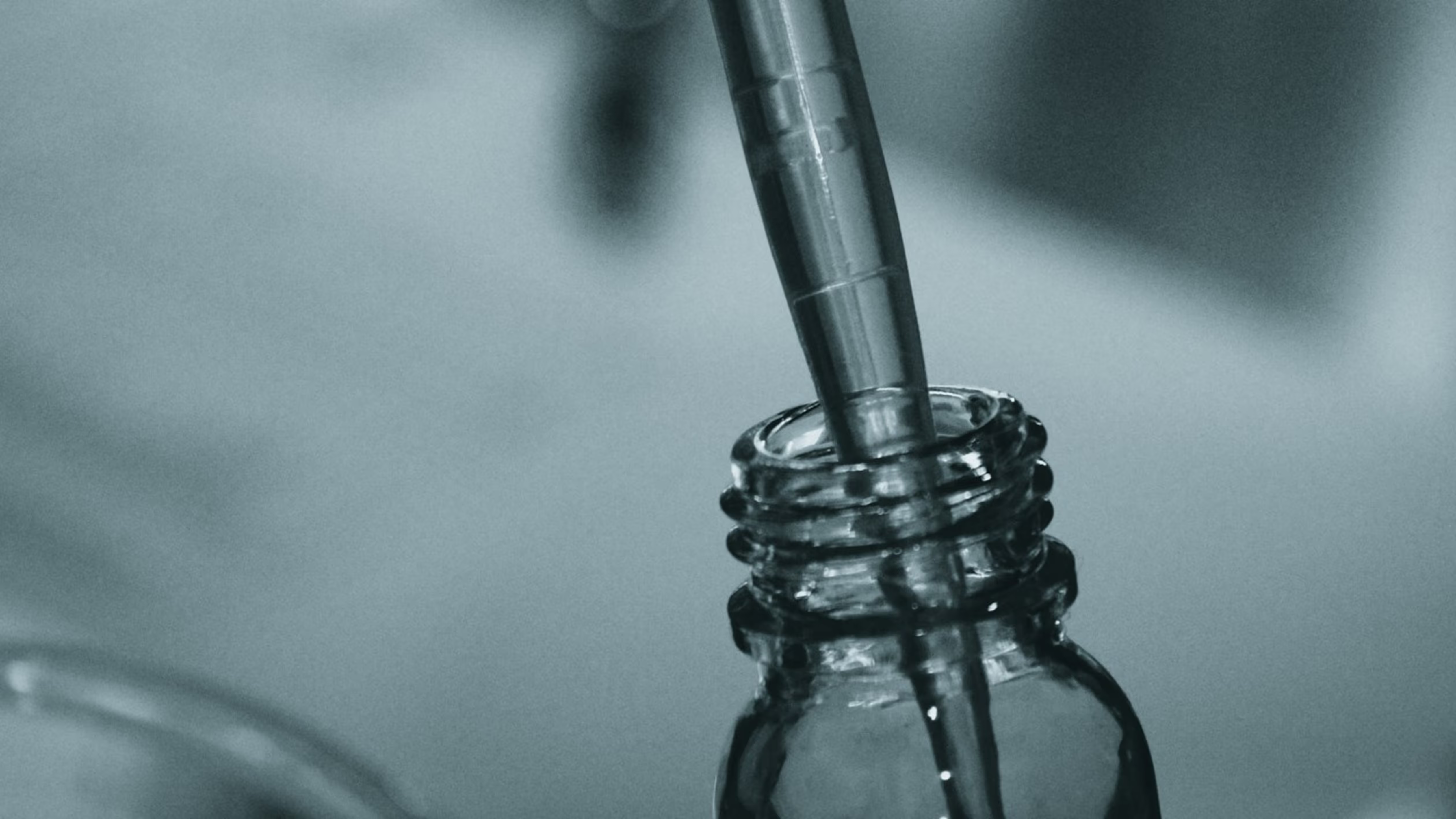
The US patents cover Amgen’s own antibody evolocumab (branded as Repatha®), which is used as a cholesterol medication, and the structurally distinct rival antibody alirocumab (branded as Praluent®) which Sanofi and Regeneron developed independently.
.avif)
In drawing participants from a diverse range of backgrounds to solve predefined challenges, hackathons are rich environments for innovation across the technology spectrum (the Graphene Hackathon and MIT’s COVID-19 challenge being two recent examples). The potential of hackathon entries to create ideas protectable by IP rights, such as patents, designs or copyright, is therefore high. Appreciating this potential is an important first step to securing IP rights for a hackathon entry and maximising their value.

Handed down on the same day as the Supreme Court’s Uber ruling, IPCom v Vodafone may not have dominated the headlines, yet this case should not be overlooked as the first major Court of Appeal IP decision of 2021.

With effect from 1 January 2021, UK legislation has been amended to incorporate EU law on Supplementary Protection Certificate (SPC)s into United Kingdom (UK) national law, and to make various adjustments to it. While the previous systems and processes largely remain the same, there are some key changes that users of the system should be aware of.

Martin, a professional writer, and Kogan, an opera singer, had been in a relationship at times during the development of the screenplay for FFJ. Martin claimed he was the sole owner of the copyright in the screenplay, whilst Kogan asserted that she was a joint author, due to her input and contributions during the development of the screenplay.
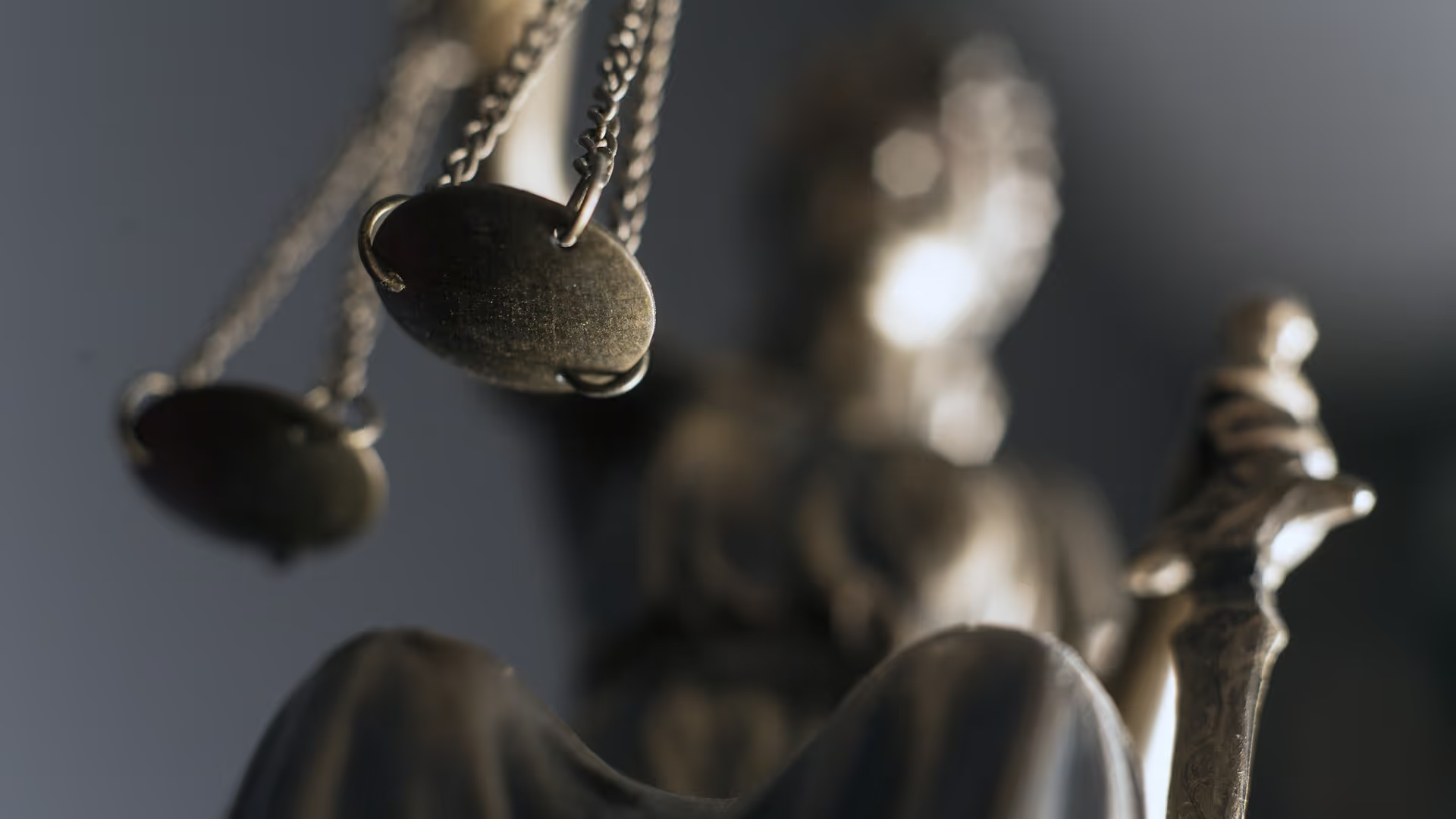
With the Brexit transition period drawing to an end, this decision constitutes the last Community design case before the UK courts and represents a rare success story for a claimant in asserting infringement of a registered design.
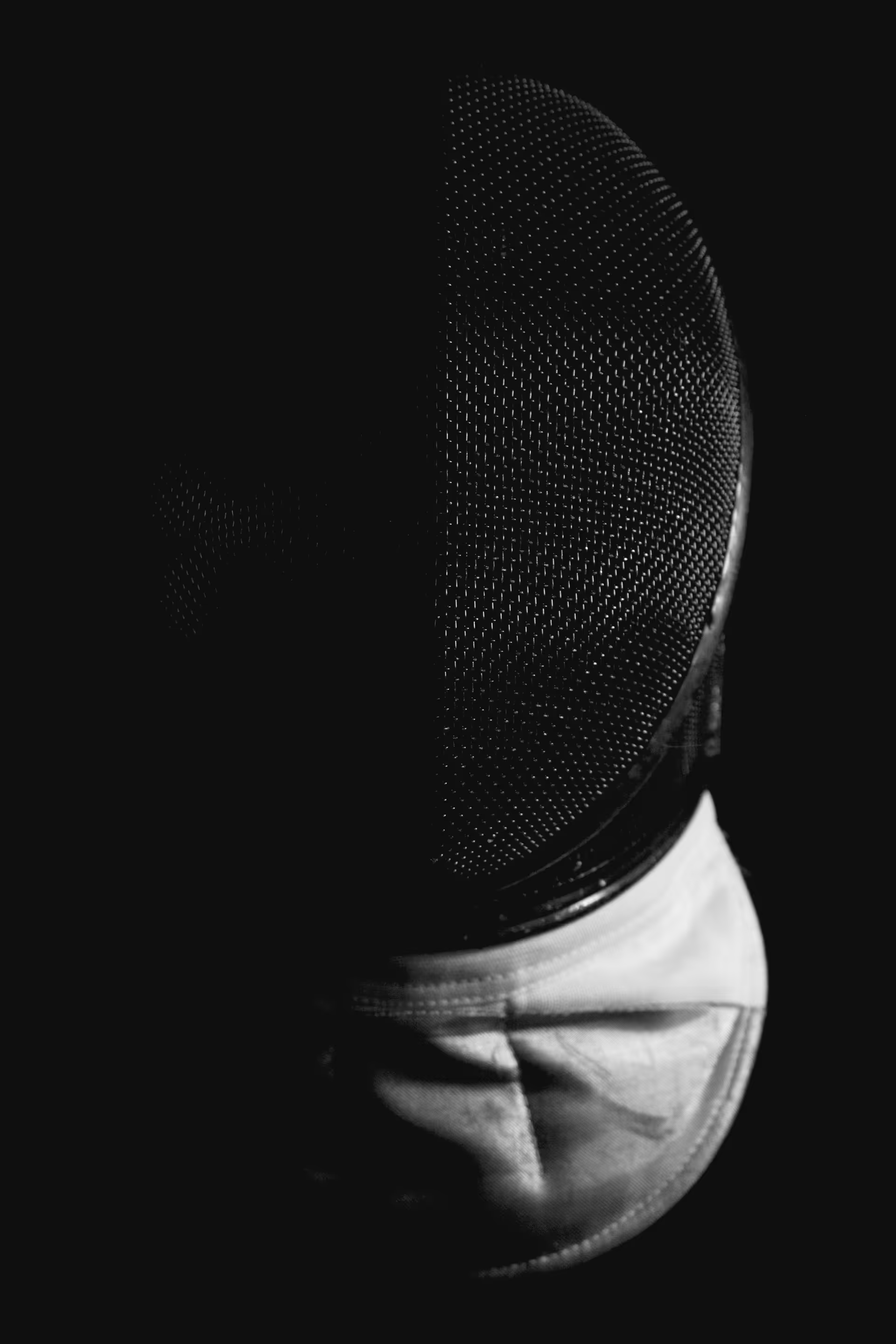
Your European patent rights are a valuable commercial asset but you risk losing them in an opposition unless a successful defence can be mounted.
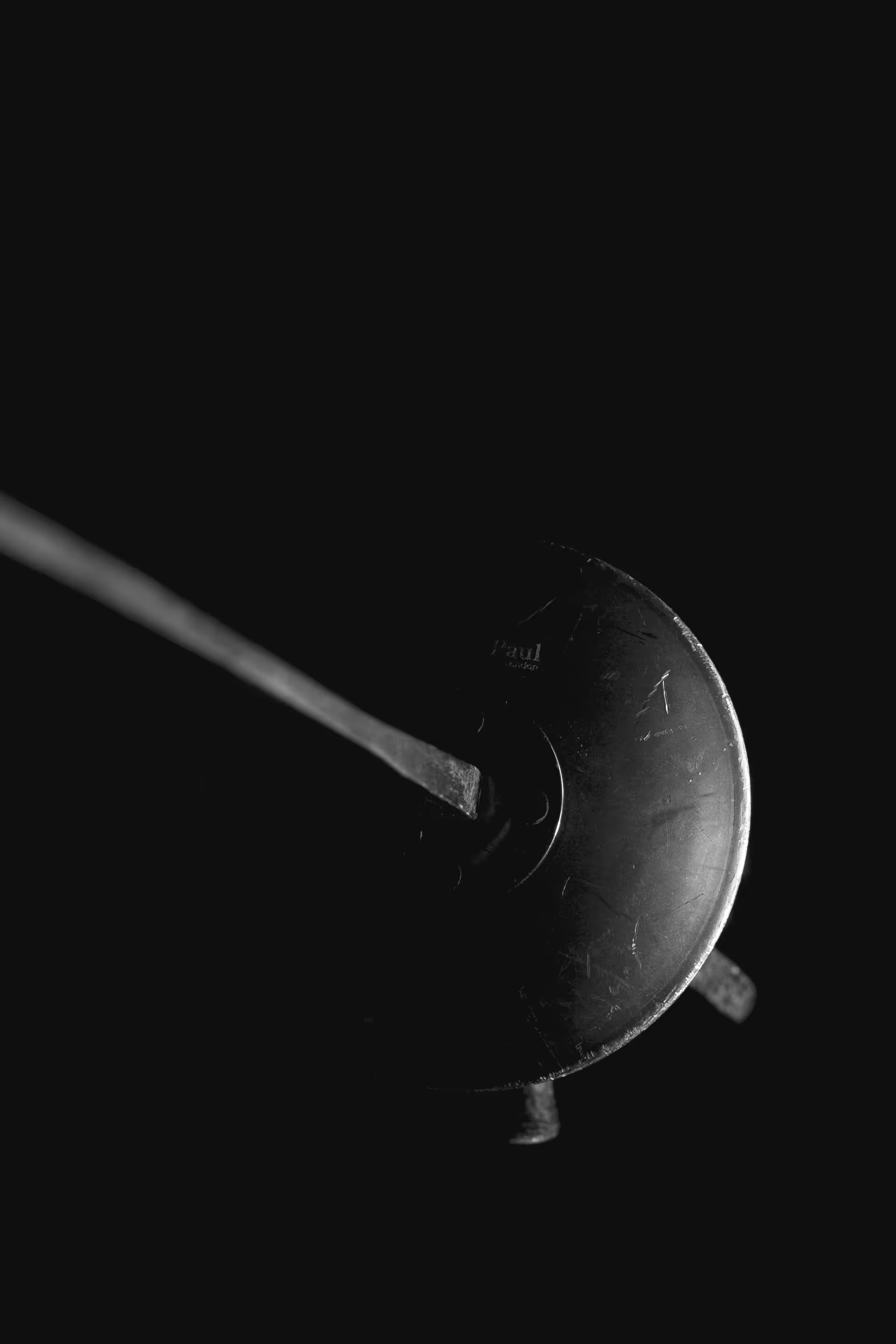
If you would like to find out about how we can help you find the best way to attack a competitive patent, please email our specialist EPO oppositions & appeals team today.
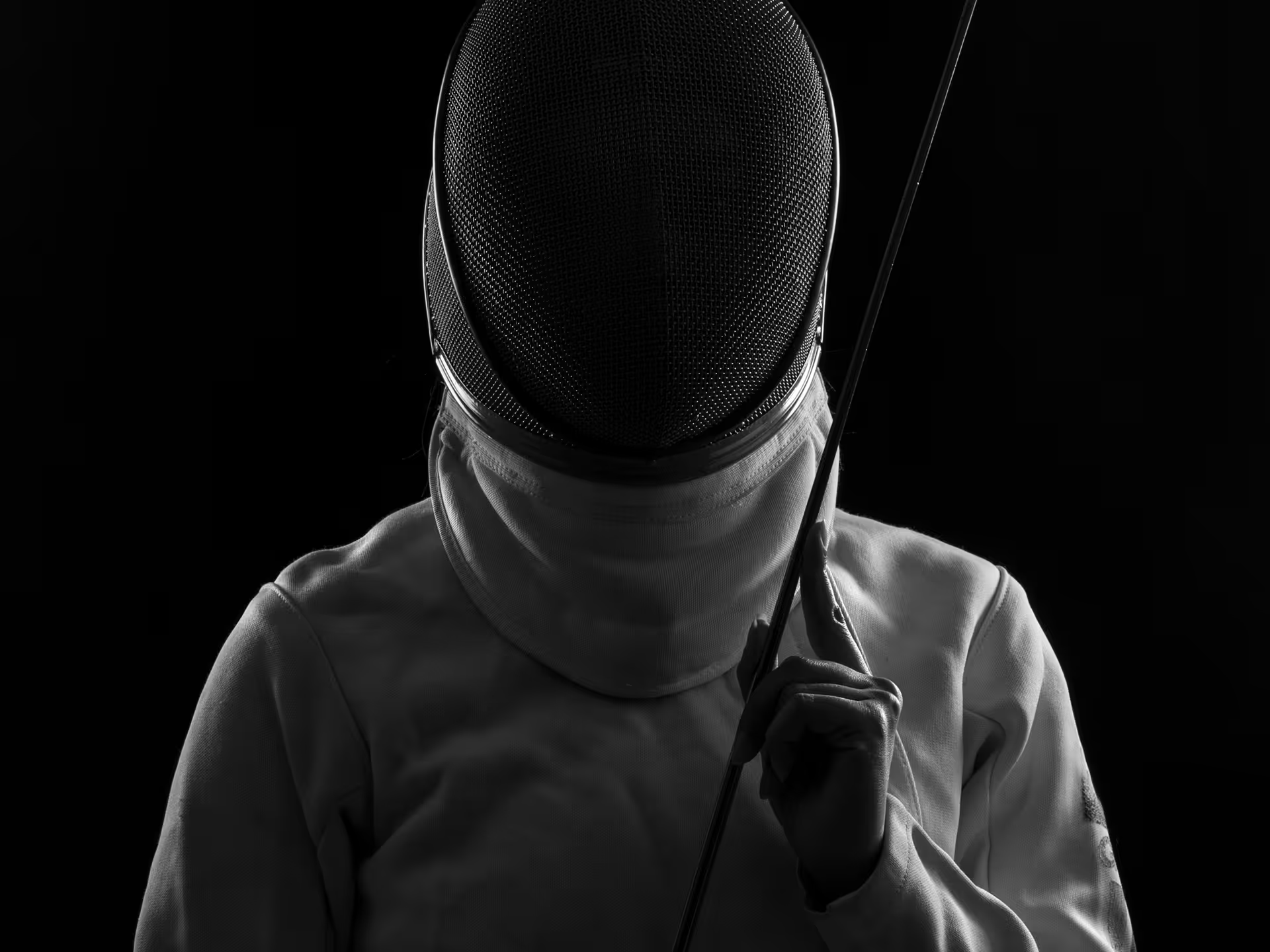
According to the European Patent Office (EPO) annual report 2020, 1,912 opposition cases were decided in 2020: 31% of patents were upheld as granted, 35% of patents were revoked and 34% of patents were maintained in an amended form.

When the opportunity comes along to invest in a technology company the pressure can be on to secure the deal - at the right price, of course. Before signing on the dotted line however, an investor must complete the appropriate level of due diligence to understand the hidden risks.

While more and more businesses are becoming interested in patenting their software and gaining the advantages of owning these patents, there is still a lot of confusion out there as to what is actually possible.

Businesses operating in Asian markets often overlook a key form of intellectual property protection – utility models. Here, we explain how to secure maximum value from these advantageous rights that are currently under-utilised by non-Asian organisations.

The referring Court has withdrawn its request for a preliminary ruling by the Court of Justice of the European Union (CJEU) on the interpretation of Art. 3(c) of the Regulation on Supplementary Protection Certificates (SPCs) relating to Novartis’ attempts to obtain more than one SPC for its antibody product canakinumab.